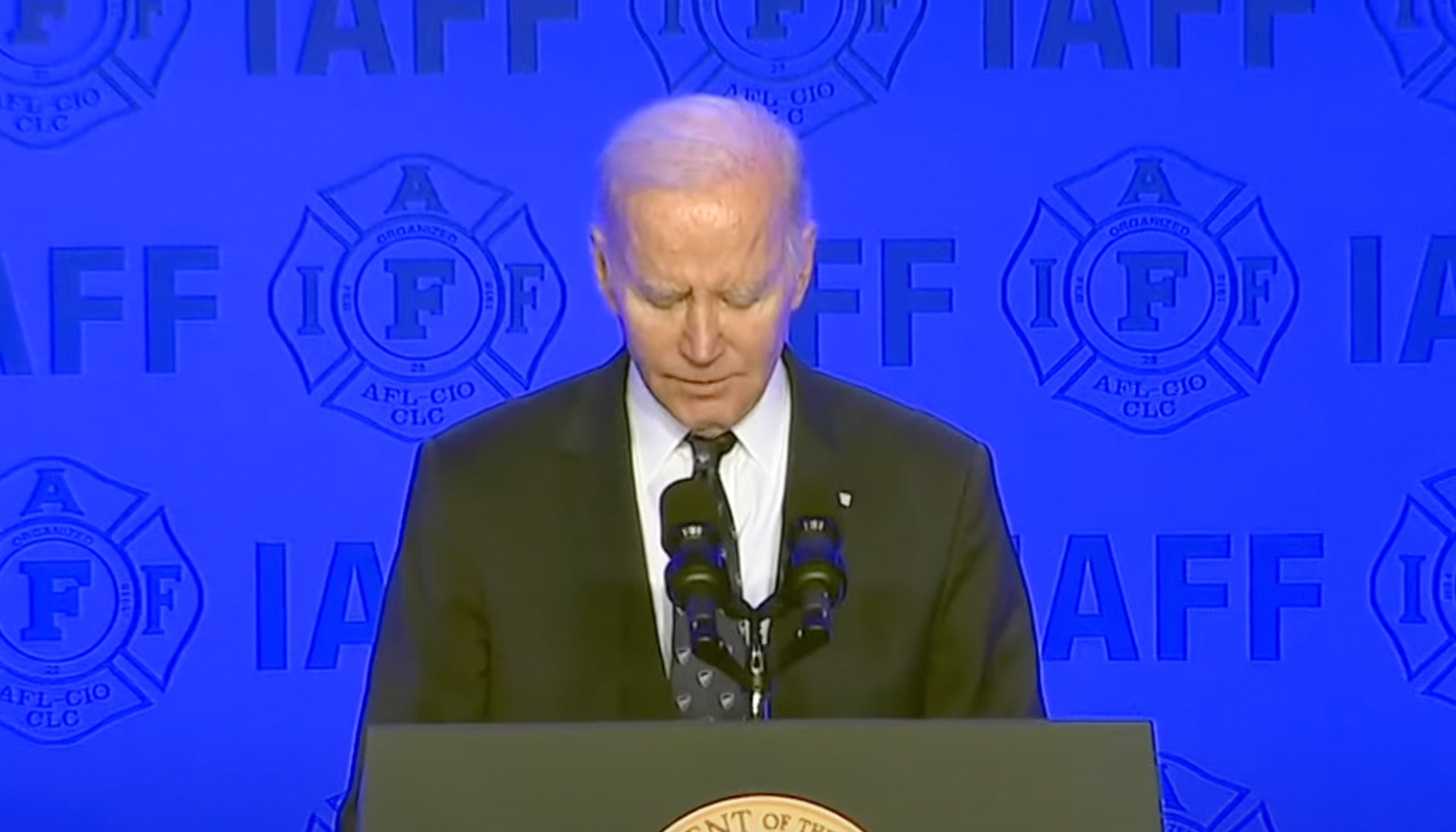SCOTUS declines to order delay in Karen Read retrial
The U.S. Supreme Court has denied the emergency plea of Karen Read to postpone her second trial on charges that she murdered her boyfriend, Boston police officer John O'Keefe.
The high court's rejection came without an explanation and leaves Read's lawyers, who claim constitutional rights violations, with no more avenues that would allow for a halt in the proceedings, as ABC News reports.
Read's request was formally declined by Justice Ketanji Brown Jackson on behalf of the entire court. The decision keeps the door open for her retrial to proceed, with Read facing serious criminal charges.
She argues that going to trial again violates her protection against double jeopardy after a mistrial was declared in her first trial.
Long road to retrial
Read is accused of fatally striking O'Keefe with her vehicle during a snowstorm in January 2022. These serious allegations have led her to face a series of severe charges. Read, however, has maintained her innocence, pleading not guilty to all accusations against her.
Among the charges, Read is facing first-degree murder and manslaughter counts well as allegations of driving under the influence. Further charges include leaving the scene of a deadly accident, adding complexity to the situation.
Her defense team argues that retrying her counters constitutional safeguards since some jury members in her initial trial supported her acquittal on most of the counts.
Read's legal team has tirelessly appealed to various courts, including the U.S. Supreme Court, requesting that certain charges be dismissed based on double jeopardy protections. Despite their zealous efforts, all these requests have been rejected to date.
Retrial draws near
The initial trial ended in a mistrial due to the jury’s inability to decide unanimously on a verdict. Now, as her retrial approaches, the jury selection process is once again actively underway.
In a recent development, three new jurors were selected, adding to a growing panel that now numbers 15, consisting of eight men and seven women.
The strategy is to eventually seat a total of 16 jurors, with 12 tasked with deliberation and four serving as alternates. The process highlights the difficulties in seating impartial jurors for such a high-profile case that is closely followed by the public and media.
To date, the defense has exhausted 11 of its allotted 16 challenges in striving to ensure an unbiased jury, as noted by Read herself outside the courthouse.
The challenges reflect the depth of scrutiny each potential juror undergoes during the process. The prosecution has used 12 challenges, indicating a proactive approach to jury selection from both sides.
Public interest remains high
Defense team attempts to argue against the charges based on double jeopardy considerations have continued undaunted. Despite reaching the highest court, the requests have consistently been turned denied. The issue of retrying a case with previously decided elements remains central to the arguments put forward.
As this new trial proceeds, the ongoing jury selection will play a crucial role in determining its outcome. With the intricate dynamics of such a legal battle in play, each side meticulously weighs their options and strategizes on the best means forward.
The ultimate decision of the retrial will have a significant impact on the involved parties and potentially could influence future interpretations of legal protections against double jeopardy. It highlights the complexities and challenges inherent in the legal process, especially in cases with national attention.
The denial by the Supreme Court to stay the proceedings emphasizes the high stakes at play in ensuring justice is served while respecting the defending rights of those involved. It underscores the balance that courts must maintain between the law and individual rights.
As events unfold, this case will continue to capture the public's attention, offering insights into the judicial process and the challenges of upholding constitutional guarantees under intensely scrutinized circumstances. The approach of both prosecution and defense will be closely watched as the trial progresses further.





